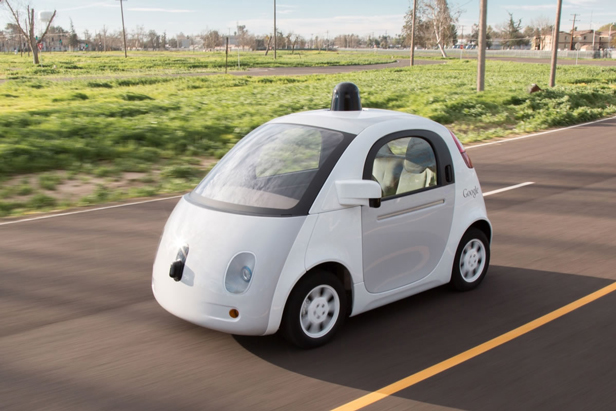Ford and Google Could Be Making the Model T of Automated Driving
In what could turn out to be a very important partnership for the future of the car, Ford and Google are reportedly planning a joint venture to develop automated driving technology. According to Yahoo Motors, the companies will announce the venture at the Consumer Electronics Show, in Las Vegas, next month.

If so, it would be a major moment in the history of automated driving. While most car makers are working on such technology, so far only Tesla has released a vehicle capable of advanced automation—and then only in vehicles that cost close to $100,000 apiece. Other cars that feature some automated driving capabilities are similarly priced.
Ford’s cars are much less expensive than Tesla’s, and so the new venture might lead to more reasonably priced self-driving vehicles in the near future. It might also help drive down the cost of the sensors and other systems required for self-driving. The venture could also help Google gain a foothold in the auto industry without needing to get into manufacturing cars itself.
The deal would certainly fit with Ford’s ambitious efforts to reinvent itself as a more tech-savvy, future-focused company. With research suggesting that the software and connectivity found in cars is becoming as important as the powertrain or design, and that fewer people are interested in owning a vehicle rather than sharing one, Ford has begun rethinking its business through an effort called Smart Mobility.
Last year I visited Ford’s new tech lab in Silicon Valley, which the company is expanding aggressively in an effort to identify and adapt to new technology trends (see “Rebooting the Automobile”). The company is hiring scores of software developers to work there, and it is experimenting with everything from open-source vehicle hardware to shared electric bikes.
Alan Hall, a spokesman for Ford, would not confirm the deal, but he didn’t rule it out, either. “We have been, and will continue, working with many companies and discussing a variety of subjects related to our Ford Smart Mobility plan,” he said via e-mail. “We keep these discussions private for obvious competitive reasons, and we do not comment on speculation.”
Google did not immediately respond to a request for comment.
Keep Reading
Most Popular
Large language models can do jaw-dropping things. But nobody knows exactly why.
And that's a problem. Figuring it out is one of the biggest scientific puzzles of our time and a crucial step towards controlling more powerful future models.
The problem with plug-in hybrids? Their drivers.
Plug-in hybrids are often sold as a transition to EVs, but new data from Europe shows we’re still underestimating the emissions they produce.
Google DeepMind’s new generative model makes Super Mario–like games from scratch
Genie learns how to control games by watching hours and hours of video. It could help train next-gen robots too.
How scientists traced a mysterious covid case back to six toilets
When wastewater surveillance turns into a hunt for a single infected individual, the ethics get tricky.
Stay connected
Get the latest updates from
MIT Technology Review
Discover special offers, top stories, upcoming events, and more.